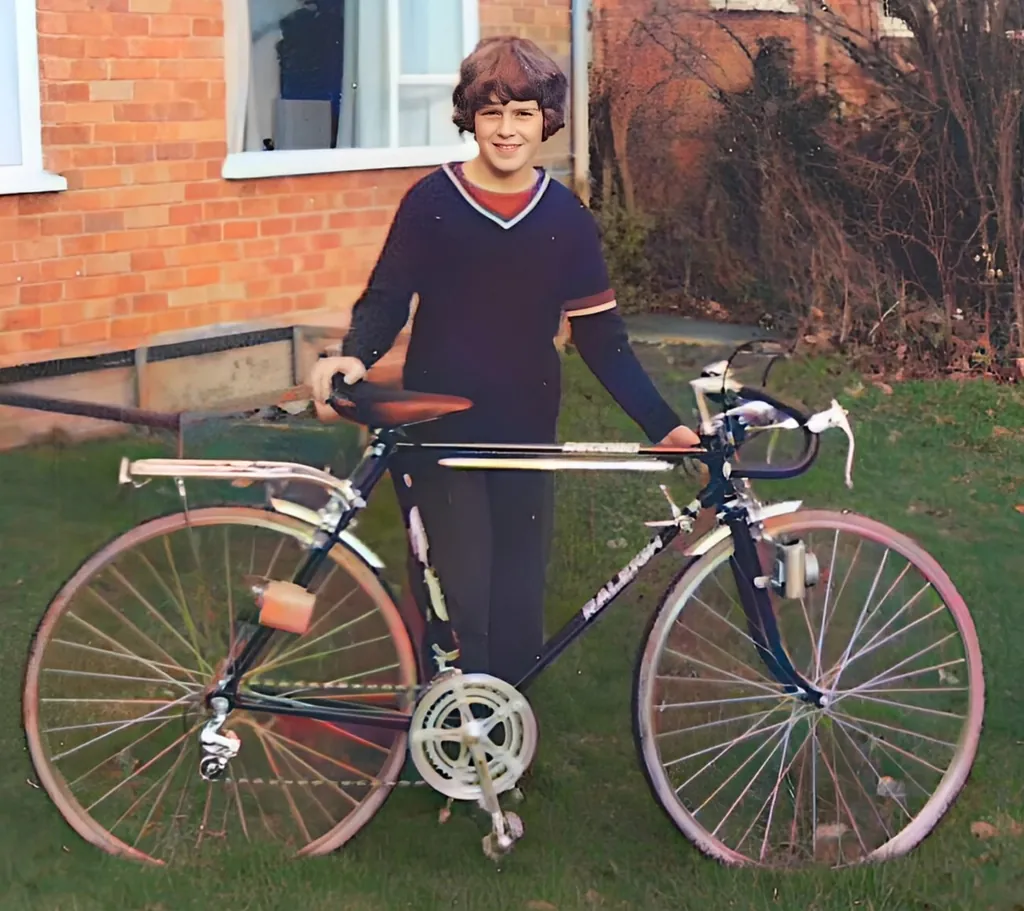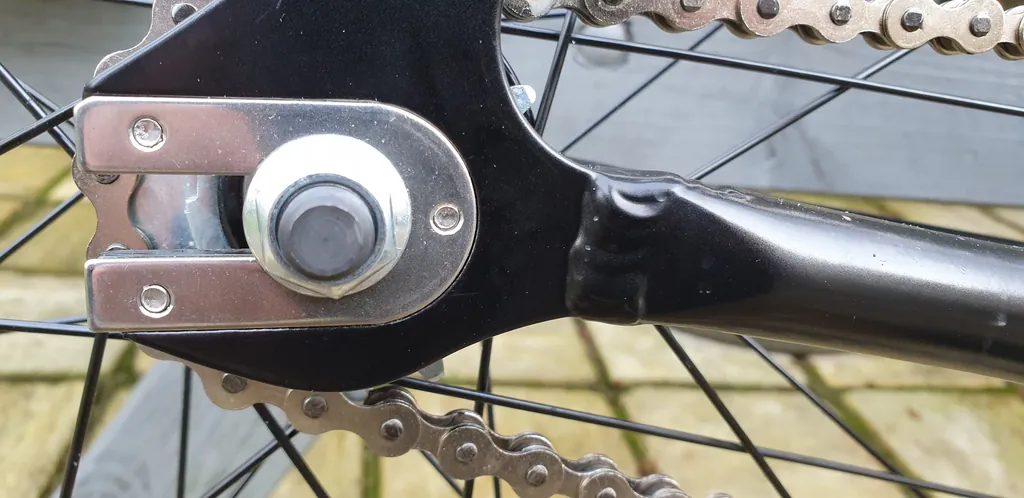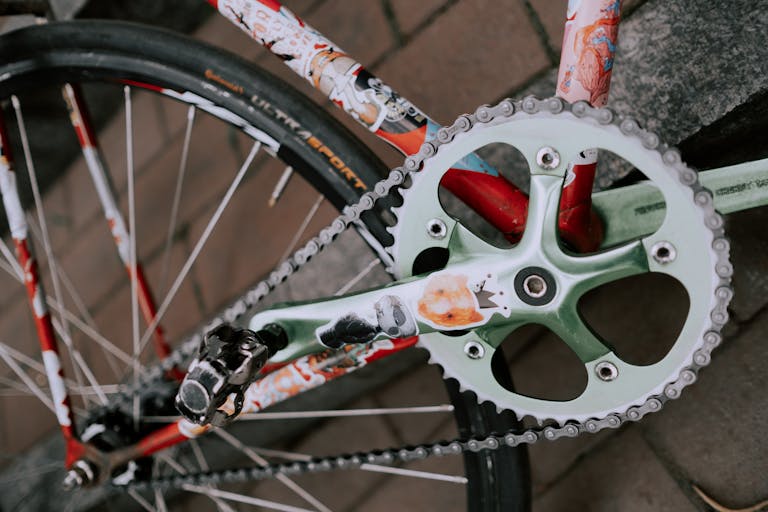Cycling: A Journey of Simplicity and Strength
Cycling has become an increasingly important part of my life over the past few years, especially since moving away from Britain. Where I live now, there are better facilities—dedicated cycling paths, fewer restrictions—and as a result, I cycle more than ever.

I’ve always owned a bicycle, but at different times in my life I’ve relied more on walking or driving. These days, though, the bicycle is my primary means of getting around.
A few years ago, I made a significant change: I switched from a regular geared bike to a fixed gear. That shift marked a turning point in my relationship with cycling.
The story started when my son sold me his bike. Through that situation, I was introduced to fixed gear riding. I ended up buying my son’s single-speed bicycle and flipped the rear wheel to engage the fixed gear hub. It took me about four weeks to adjust, but once I got used to it, it was one of the most exciting transitions I’ve ever made on a bike. Riding fixed gear felt exhilarating.
I remember commuting from the park and ride outside Bath, descending into the town centre on a fixed gear, and then grinding back uphill—all without changing gears. That physical connection to the machine and the terrain was empowering. It wasn’t about ease, it was about control, simplicity, and a sense of directness that I hadn’t felt before.
Since then, fixed gear riding has become second nature. The idea of always pedalling, never coasting, is no longer unusual to me—it feels right. Some people ask why I make things harder for myself, but I don’t see it that way. It’s the sheer simplicity of the fixed gear bike that brings me joy. I’ve come to appreciate minimalism, and my bike reflects that philosophy.

That said, I respect all cyclists and any kind of bike. Anyone who chooses to ride is part of a wider cycling culture that should be encouraged and supported. I admire societies that place fewer restrictions on cyclists. In Britain, cycling infrastructure and policy have often been limited—though I imagine things are slowly improving.
In my twenties, I used to cycle across London—15 or 20 kilometres through heavy traffic, noise, and pollution. I even wore a mask to avoid breathing in the smog. That was in the 1990s. I wouldn’t want to return to those conditions. The roads were dangerous, especially with large vehicles whose drivers couldn’t easily see cyclists. I’ve been knocked off my bike twice—thankfully not seriously—but in both cases the driver never stopped. Those were upsetting experiences, reminders that cycling does involve risks.
Still, so does crossing the street. The important thing is awareness and safety: wearing reflective gear, using strong lights, and having good brakes. My fixed gear bike has both front and rear brakes, and of course I can slow down by resisting the pedals as well. I run a relatively high gear ratio: 48 teeth on the front chainring and 15 on the rear cog. This setup gives me more control on descents, keeping my cadence manageable. It also means I need to work harder to gain momentum, but I enjoy the challenge.
My bike also has very wide handlebars—80 cm, much wider than the usual 60 cm. That width, combined with a forward-leaning position, helps me transfer power more effectively through my upper body when climbing hills. I’ve found that more upright bikes put too much strain on my legs alone. My setup allows me to ride longer and climb better, even if I occasionally have to dismount for the steepest inclines—especially ones like those around Bath.
I’m not sure my fixed gear bike is ideal for long-distance rides. I once tried a long ride in Prague and ended up cramping in both calves. I had to stop often to stretch and was exhausted by the end. Still, it was a valuable experience, and I’d like to try long-distance fixed gear touring again. It might not be comfortable, but it would definitely be a test of endurance and discipline.
For me, fixed gear riding is more than just a way of getting around—it’s a source of energy, freedom, and even identity. I’m always fascinated by others who ride fixed gear. There’s something about it that feels stripped down and honest, and that resonates with me deeply.
As Steve Jobs once said, a human on a bicycle is the most efficient animal on the planet. It’s a perfect union of machine and motion. I also came across a statistic that suggests cyclists have fewer sick days per year than non-cyclists, maybe around four days fewer. Whether that’s because of the exercise, the fresh air, or a general lifestyle difference, the impact is real. Cycling isn’t just good for the individual—it benefits society too.



